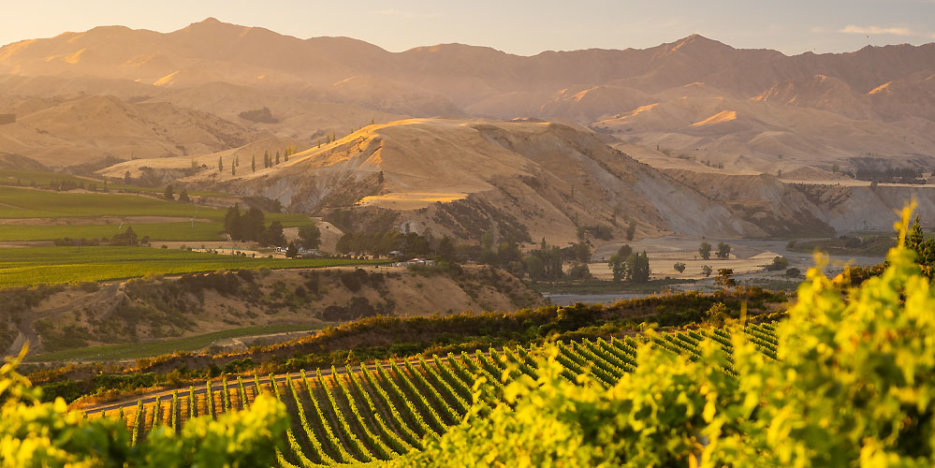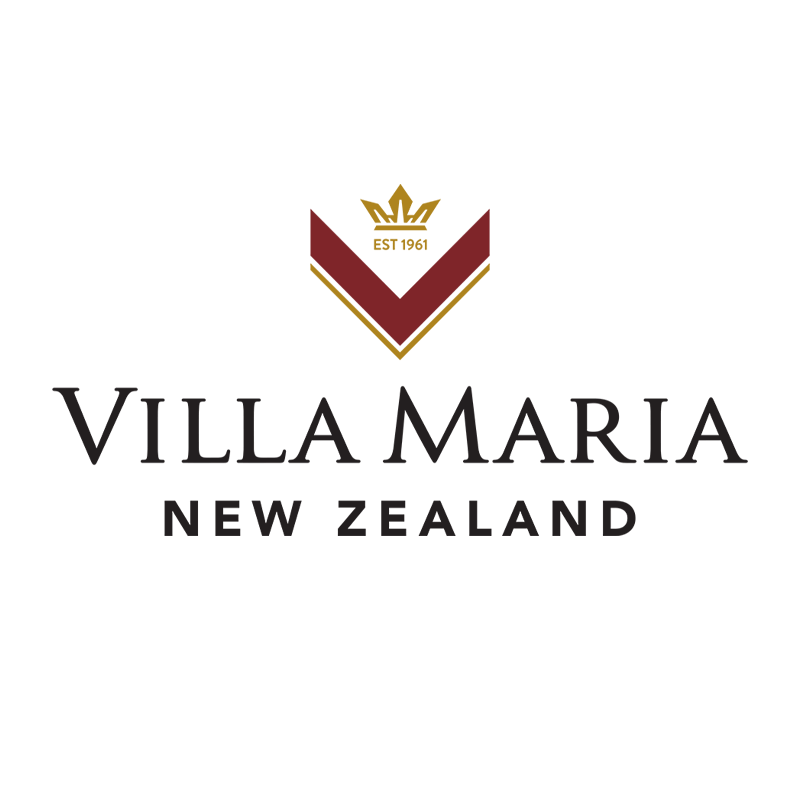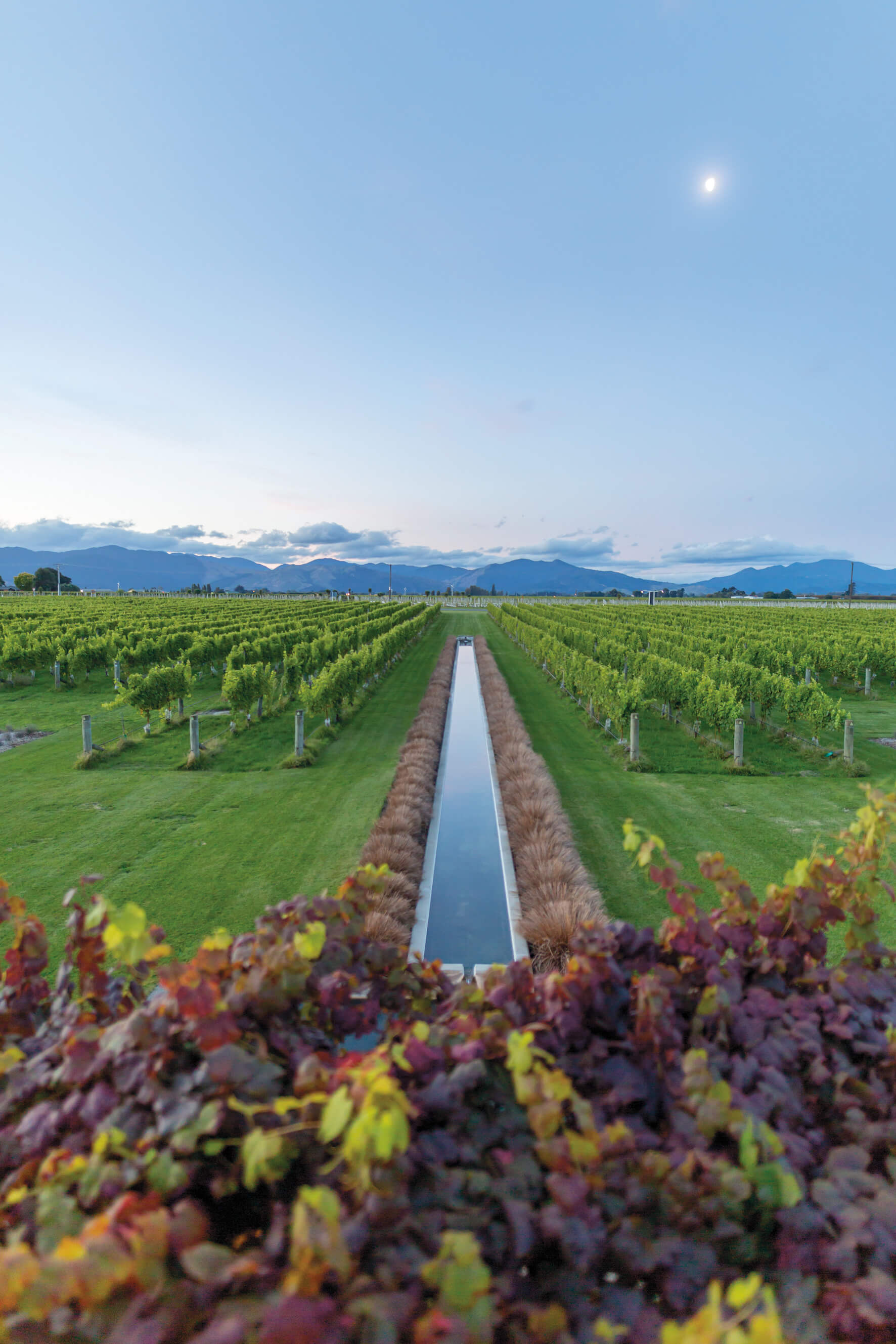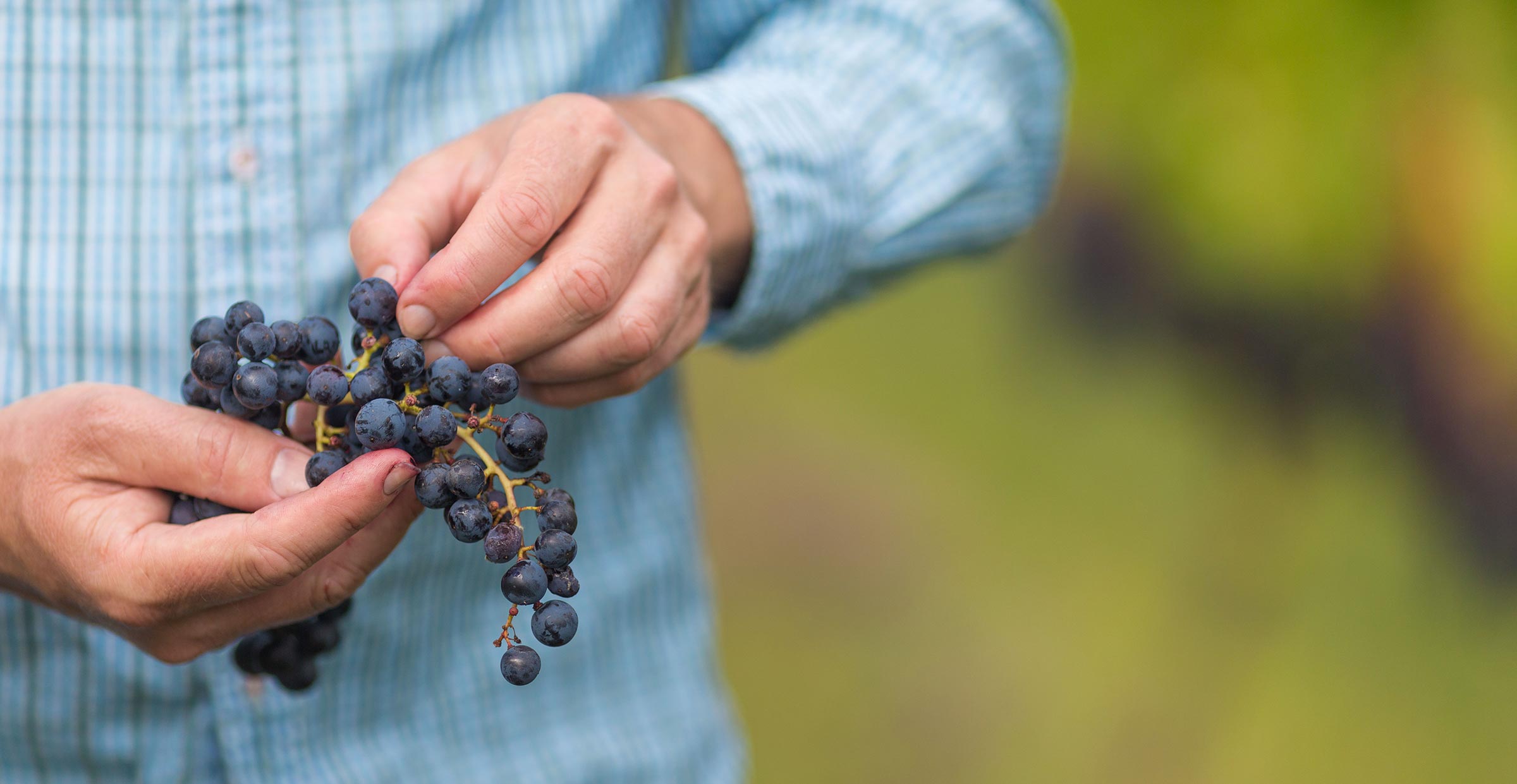Environmental Responsibility


Villa Maria has been an active and accredited member of Sustainable Wine Growing New Zealand (SWNZ) since its inception in 1995. The vineyards and winery practices are audited annually, and all Villa Maria’s wineries and vineyards are accredited by SWNZ. The viticultural team has worked hard to get all contract suppliers accredited as well. Commitments to environmental responsibility and sustainable practices are long-held and are values inherent in the long-term view of the wine business, embedded throughout their operations.
Wineries
All Villa Maria’s wineries are compliant to ISO9001 and ISO14001 environmental standards. In March 2010, Villa Maria marked a milestone in sustainability, achieving Certified Emissions Measurement and Reduction Scheme (CEMARS) certification, as part of its strategy to reduce the company’s carbon footprint. CEMARS is an internationally recognised carbon reduction programme and focuses solely on measuring and managing an organisation’s carbon footprint or greenhouse gas emissions profile.
Vineyards
Through a close and ongoing partnership with BioGro over the past 15 years, Villa Maria have now converted 30% of their own vineyards to certified organic, with a company goal of reaching 100% by 2030. Organic viticulture is only one facet of a holistic approach taken to vineyard sustainability. Soils are nurtured with compost derived from grape marc, the output of Villa Maria’s worm farms or through inter-row planting of cover crops such as clover. To promote biodiversity and a thriving ecosystem, over 700kgs of wildflower seeds are planted annually, attracting insects that are beneficial to the health of the vineyards.

Heat recovery systems have been installed in the Marlborough and Auckland wineries to use waste heat from refrigeration plants in winemaking and bottling processes. The Auckland winery has a night air cooling system installed to keep stored bottled wine at an optimal temperature. Both wineries are designed to make maximum use of natural daylight. Waste grape marc is recycled as stock food or composted as nutrient for the vineyards.
Packaging
Villa Maria has worked with its glass supplier to produce a lighter weight bottle, helping to cut CO2 emissions. Approximately 70 percent of the packaging used for a bottle of Villa Maria Private Bin wine is made from recycled materials.
Other
In New Zealand nearly 70 percent of the nation’s electricity is generated using renewable sources.

